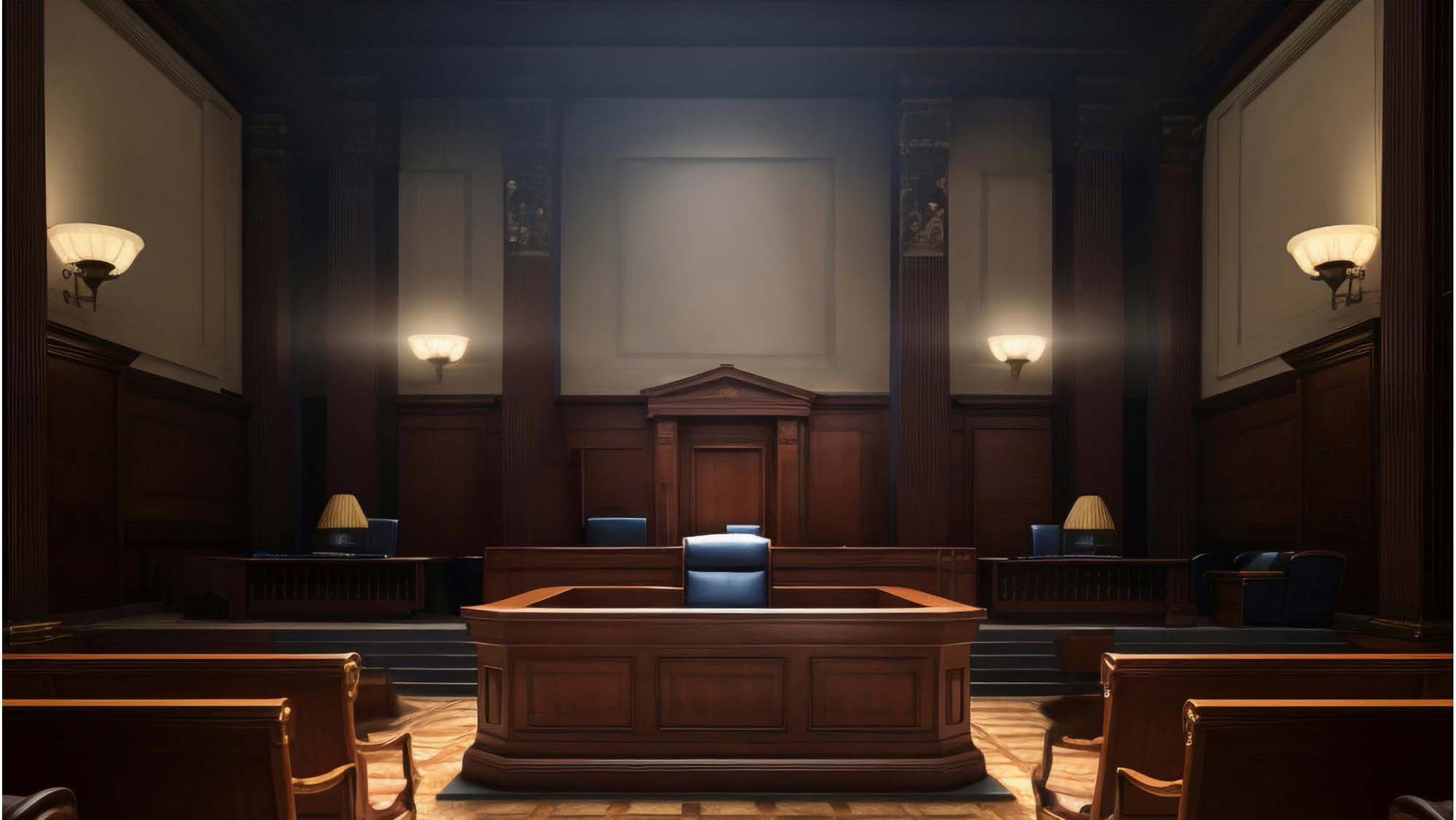INTRODUCTION
In Nigeria, everyone says that you can’t afford to lose a matter at the Supreme Court (SC). If this ever happens, the next step is to take your matter up to God because the SC is the last bus stop as far as appeals are concerned. Before you run off with this half-truth, there is something else you should know. Not all matters get to the SC, and the reason is simple, in some cases, the Court of Appeal turns out to be the final bus stop for some matters.
BY NOW, THE NEXT QUESTION ON YOUR MIND IS WHAT TYPE OF MATTER ENDS AT THE COURT OF APPEAL RIGHT?
- ELECTION PETITION MATTERS ON NATIONAL ASSEMBLY AND STATE HOUSES OF ASSEMBLY
- As far as elections are concerned, the Court of Appeal plays a crucial role, and if you follow the news closely after elections you will become aware of this. The Court of Appeal takes charge as far as National and State House of Assembly Election Tribunals are concerned. It also has the backing of Constitution of the Federal Republic of Nigeria (CFRN), section 246(3) and the decisions that have been given by its boss (the Supreme Court). For example, the decision in Awuse v. Odili (2003) LPELR-666(SC). What this means is that any case instituted to challenge the election of senators, House of Representative Members, or State House of Assembly Members ends at the Court of Appeal.
- EMPLOYMENT DISPUTES, LABOUR DISPUTES, INDUSTRIAL COURT RELATED MATTERS COMMENCED AT THE NATIONAL INDUSTRIAL COURT
- When the matters from the National Industrial Court (NIC) show up, the Court of Appeal also has the final say as long as these matters do not have a criminal element involved. Newsflash, the NIC is the court that handles all employment and labour related disputes. So next time you hear about legal dispute about employee contracts, wage and work conditions, think NIC. It exists to rein in the excesses of capitalism. The Court of Appeal is empowered to be the final bus stop as far NIC civil matters are concerned because of 243(3) of the CFRN and decisions such as Coca-Co/a & Ors v Mrs. Titilayo Akinsanya (2013) 18 NWLR (Pt 1386).

ADVANTAGES OF HAVING MORE MATTERS END AT THE COURT OF APPEAL
Very recently, the principal law officer of the federation bemoaned the present situation of the Nigerian court system where majority of cases go from trial all the way to the supreme court before they are determined. He stated that this system was allowing delays in the delivery of justice, and heavy burdens on the Supreme Court to persist. In many progressive systems, the situation is different from what obtains in Nigeria, as there is provision for more cases to terminate at penultimate courts, which are courts that are the equivalent of the Court of Appeal.
For example, in the United States, the Federal Court of Appeal is estimated to handle close to 50,000 cases every year, but only ten per cent of these cases make it to the Supreme Court. The implication of this is that the remaining matters will end finally at the Federal Court of Appeal. Similarly, in South Africa, the Constitutional Court is the apex court mainly where appeals concerning the constitution arise.
However, other matters from the high courts and lower courts not related to constitutional matters, end at Supreme Court of Appeal. This court was formerly known as “the Appellate Jurisdiction”. It is then possible to conclude from these examples, alongside other from across the globe where the Appeal Courts determine several matters finally, that same position can be replicated in Nigeria. When this is done, the case load of the supreme court will be reduced and justice will be quickened for litigants.
CONCLUSION
At the end of the day, the Supreme Court, is still the Supreme Grand Master in our court system. However, the Court of Appeal also deserves its accolades because if you ever have an interest in any of these type of matters above that end at its doorstep, its decision will be final. Taking a leaf from the court systems across the globe, there have been recent efforts made by the Federal Government to make more cases terminate at the Court of Appeal. These efforts include a legislation that has been drafted along this line. In due time, we will be able to judge whether these efforts produced useful results for our judicial system.



